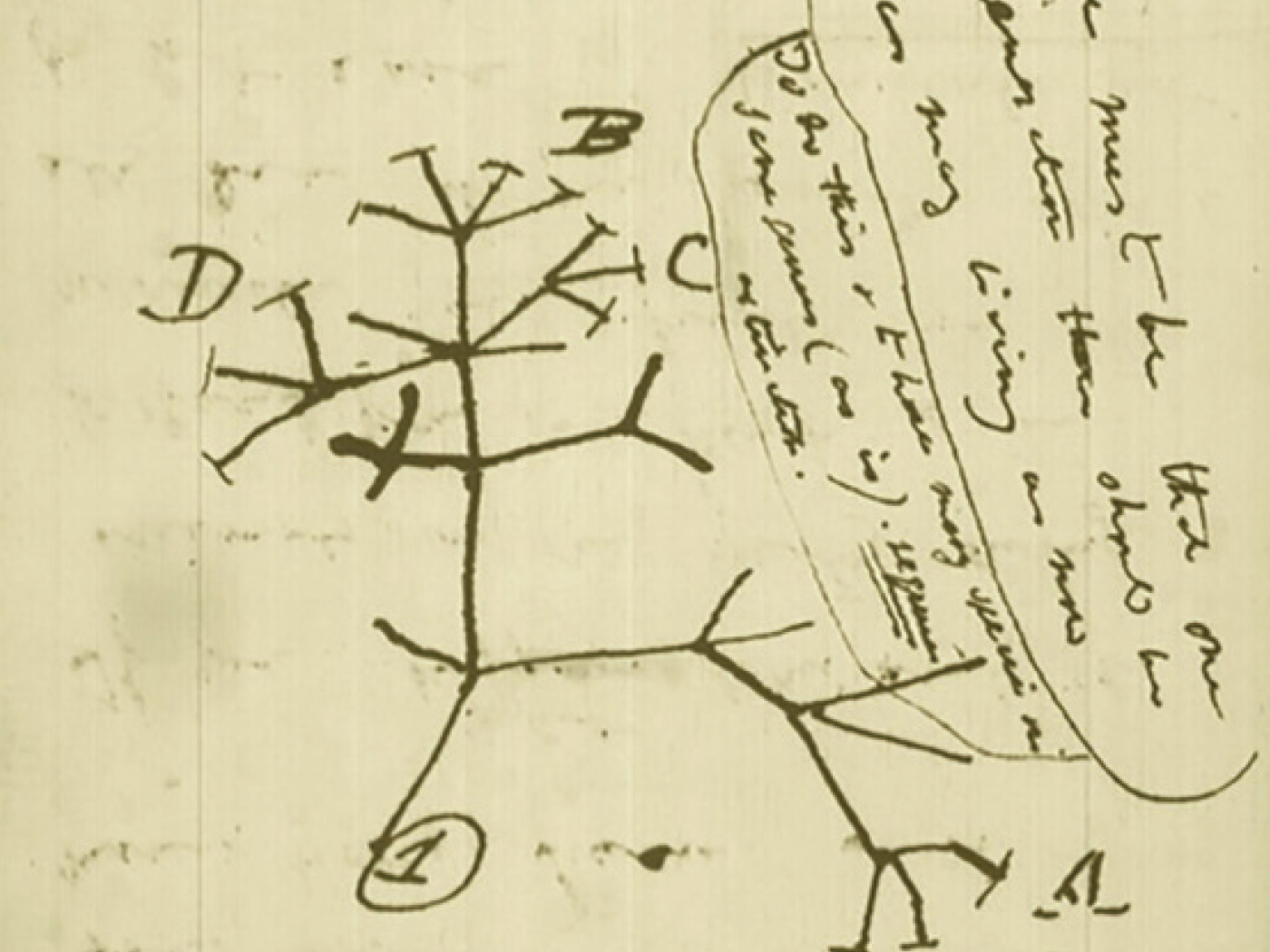Search Tools
New Defender's Study Bible Notes
13:4 laid aside his garments. On an earthly scale, this was analogous to when He emptied Himself of His heavenly vestures to come to earth, where He “took upon Him the form of a servant” (Philippians 2:7). When He again took up His garments (John 13:12), it would be analogous to Philippians 2:9-10, when He returned to heaven.
13:5 wash the disciples’ feet. Instead of serving each other, the disciples shortly before had been arguing who would be the greatest among them (Luke 22:24-27). This action of their Master convicted them, and they never argued this point again.
13:10 washed. Two different Greek words are used for “wash” in this verse, indicating a typological, as well as practical, teaching. The first “washed” means “bathed all over,” as in the “washing of regeneration” (Titus 3:5) or the “washing of water by the word” (Ephesians 5:26). The second “wash” refers to a partial “cleansing” of only that part which needs it (i.e., the face, hands, feet, etc.). Thus, regeneration occurs once only, but is followed by daily confession and cleansing (I John 1:7,9). In addition to the feet, walking daily in a sinful world, the head and hands also may need daily cleansing; the head (or mind) needs to be “renewed” (Romans 12:2), and the hands prepared for service.
13:13 Master and Lord. It is interesting and significant that the disciples, in speaking to Christ, never addressed Him simply as Jesus or even as Christ. They almost always addressed Him as “Lord,” and occasionally as “Master.” In writing their narratives about His acts and words, however, they did frequently say what “Jesus” did, or said. That was His human name, and a very fitting name, but their relation to Him was not that of man-to-man, but that of servant to Lord, or disciple to Master. When we address Him in prayer, we do well to honor Him by following their example. When we do this, He would say, as He did to His first disciples: “Ye say well.” Note also I Corinthians 12:3; Philippians 2:9-10; Romans 10:9-10.
13:15 an example. Here The Lord has given us an example (note I Peter 2:21), not a specific commandment. He did not say: “Do what I have done to you,” but rather: “Do as I have done to you.” The example is that of willingness to do menial service as needed to help others. In that day, walking on dusty roads in open sandals, one’s feet became dirty and very tired by supper time, and it was customary for a host to have servants wash the feet of any guests he might invite to sup with him as an act of courtesy and kindness. The exact situation would rarely be duplicated in our culture today, so the exact courtesy would hardly be appropriate. The principle of service—even menial service when needed—is still very important, however, and should be characteristic of all His disciples.











